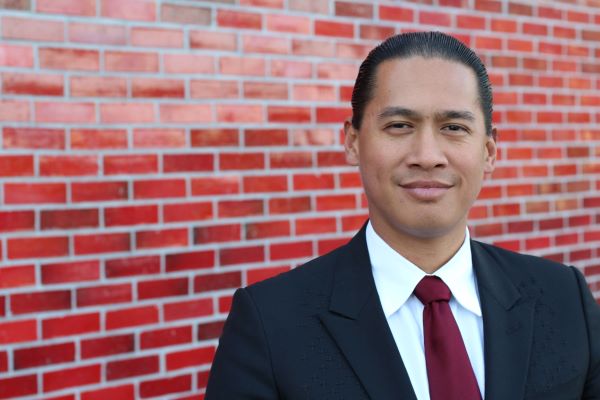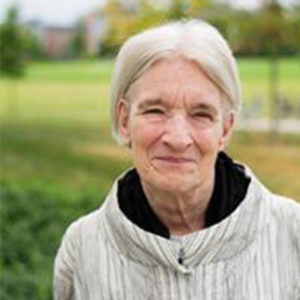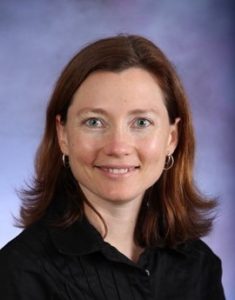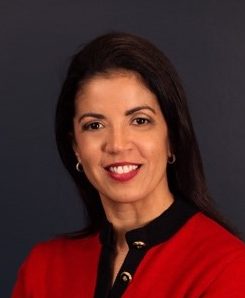
Higher education departments and teams are more diverse than ever. But now what? How can managers lead these vibrantly diverse teams most effectively? How can leaders best utilize the unique perspectives of their team members to improve the effectiveness of the group as a whole?
Experts agree that creating inclusive teams is just good business. “We’re starting to see more and more data that shows quite convincingly that organizations that are made up of people from diverse backgrounds can outproduce more monolithic organizations,” says @Isaac Dixon, PhD., Associate Vice President for Human Resources at Portland State University and a member of HERC’s Advisory Board. “Colleges and universities in the United States are no exception.”
@Esmilda Abreu-Hornbostel, Ph.D., Title IX Coordinator and Assistant Vice President for Student Affairs at the Pratt Institute, agrees. “When you combine diversity, equity, inclusion, we notice that those diverse teams that are composed that way outperform non-diverse teams by about 35%.”
How to Effectively Lead Diverse Teams
There are critical steps managers must take to develop these high performing teams. Often the key steps begin during the recruitment process and can extend outside of the campus’ gates.
Step 1 – Be Honest
“You have to start out with a real frank assessment of your culture. If your area has some work to do in certain things like, ‘There aren’t a lot of great soul food places around here,’ tell people that. What gets people is when they feel like they bought one thing and it turns out to be something else,” warns Dr. Dixon.
He says that painting accurate pictures of the cultural reality new hires will face not only gives them an accurate view of the environment, but communicates that you’re aware of the challenges they will face.
Step 2 – Take a Multi-pronged Approach
Dr. Dixon’s recommendation is part of a three-pronged approach Dr. Abreu encourages managers to adopt, including considering the personal, interpersonal, and cultural:
“It’s called the social, emotional, and ethical learning model. It looks at the way in which my personal awareness informs how I do my job. Then there’s the social domain, my interpersonal awareness—how do I work with others? And finally there’s the systemic domain, and that’s how I navigate systems or culture.”
Dr. Abreu says managers often understand the personal and interpersonal dynamics of teams, but fail to understand their cultural dynamics. Understanding all three, however, is critical to a team’s ultimate success.
Step 3 – Be a Learner
Dr. Abreu argues that having “a more integral leadership style where you are purposely pulling in people and their information” ensures that a team thrives.
Dr. Dixon concurs that managers should engage “the entire team in decision-making whenever possible” and request input: “Practice active listening and ask people more questions than you try to provide answers.” This willingness to ask and learn enables the manager and the team to grow in understanding and cohesion.
Step 4 – Get a Mentor
Managers should seek to learn outside of their teams as well. “If there’s someone at an institution that’s doing this well, spend time with them and observe and learn from talking with them, “ asserts Dr. Dixon. “Let that person be your diversity mentor.” Mentors can model ideal behavior and teach you lessons that mitigate your learning curve and help you manage the growing pains your team will inevitably experience. Dr. Abreu agrees: “We can all benefit from a constellation of mentors, each with their own experiences and expertise.”
Misconceptions to Avoid
Experts say that disagreement and conflict are growing pains inherent in leading a productive diverse team in any environment.
Some of the misconceptions, Dr. Dixon begins, are “that it’s going to happen quicker than it does; and that there will be no failures, hiccups, or pain associated with transformation.” He encourages team leaders to expect change to happen slowly and over time. “The reality is that we’re human beings and no significant change in organization or culture happens quickly.”
If your team is currently facing difficulties, know you’re on the right track. Continue growing and learning together. Seek out mentors, together. If you persevere, you will become a part of the 35%.
Photo from the Gender Diverse Collection.
About the Author: Chanté Griffin is a writer living in Los Angeles. Her socially conscious work centers race, culture, and education. When she’s not writing, she’s either trying to read one of the two dozen books piled next to her nightstand, or pretending she’s really active on The Twitter @yougochante.







